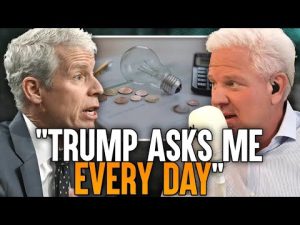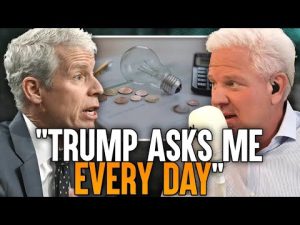In the world of politics, sometimes you have to wonder if irony isn’t just pulling a fast one on us. Imagine this: city-run grocery stores. Instantly, thoughts of cozy farmers’ markets come to mind, where everything magically appears on the shelves with the help of some friendly squirrels. But when a plan like this surfaces in New York City, it’s not hard to stifle a chuckle. This isn’t a page out of a fairy tale; it’s more along the lines of an experiment right out of a laboratory of government follies.
Enter Zohran Mamdani, a New York mayoral hopeful, who advocates for a municipal takeover of supermarkets. The idea behind it sounds as utopian as it is idealistic—keep prices low and keep bellies full. But this otter-spotting strategy encounters a perilous flaw, one that bloomed into an all-out fiasco in the land of barbecue and jazz—Kansas City. Once there was a hopeful city-run store there, cheered on by dreams of affordable kale and budget-friendly beef.
The Kansas City tale unfolds like a series with a predictable plot twist. The city invested nearly $29 million in this little grocery shop of governmental horrors, hoping to revitalize an area starved for low-cost options. Well, “revitalizing” quickly turned into watching fruits drift away from the basket of success, resulting in barren shelves and some rather unpleasant odors wafting through aisles once stocked with necessities.
Poor strategizing resulted in empty shelves and cries for help from residents in Kansas City, while security issues turned its parking lot into a scene out of a parody script. After burning through nearly $30 million of taxpayer money, the store had to close its doors, leaving a sorrowful sign stating, “Circumstances beyond our control.” Spoiler alert: What was beyond control weren’t cosmic forces or mythical creatures, but rather old-fashioned economic principles that got ignored.
This cautionary scene raises an eyebrow and raises the question for New York folk: Can Mandami’s idea work any differently in the Big Apple? Defying the odds surely seems heroic, but ignoring the reality of the marketplace might just turn the grocery store into a new kind of amusement park ride—a rollercoaster of financial drains with a splash of unexpected drama, sponsored by your local taxes.
So, as city-run grocery stores are being proposed, one can’t help but think of those long lines in Havana, where government stores serve as places of scarcity rather than abundance. For now, perhaps the small miracles of capitalist grocery stores should be celebrated. After all, in most places in America, you can find an avocado in winter without involving city hall or lining up down the street in a mad dash for fruit. Urban policy ambitions aside, let’s not let city planning turn essentials shopping into a grand experiment in governmental overreach.







